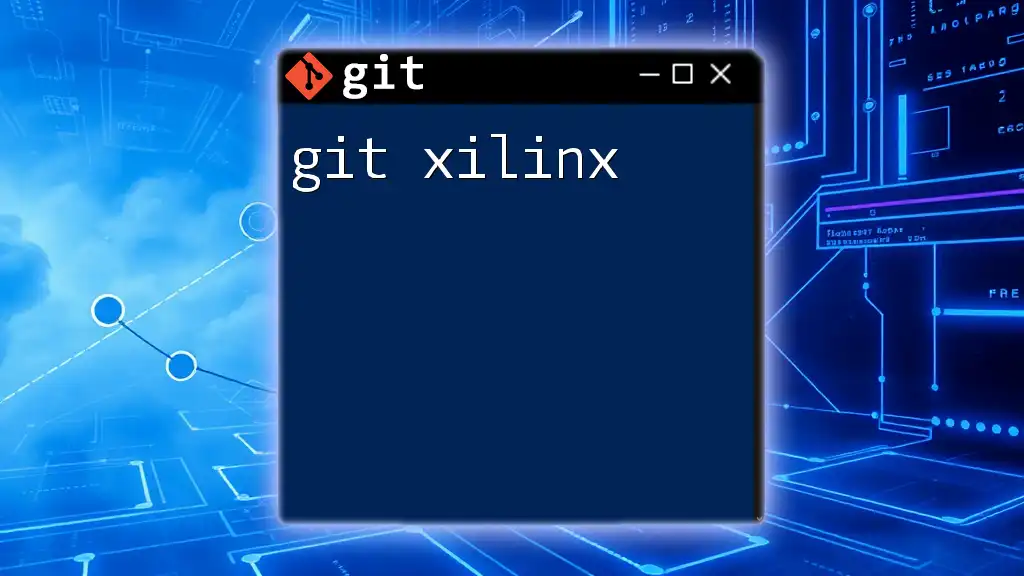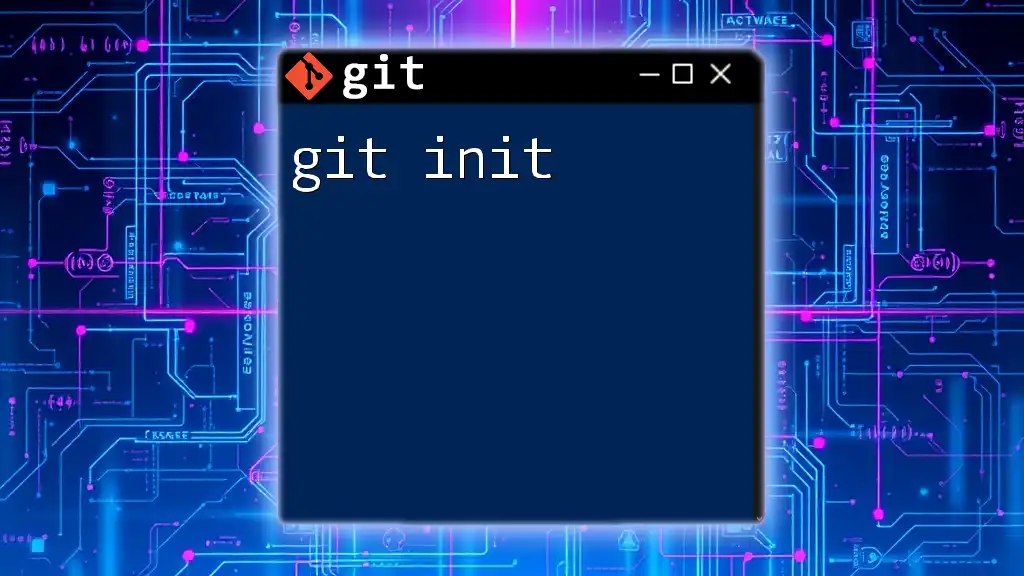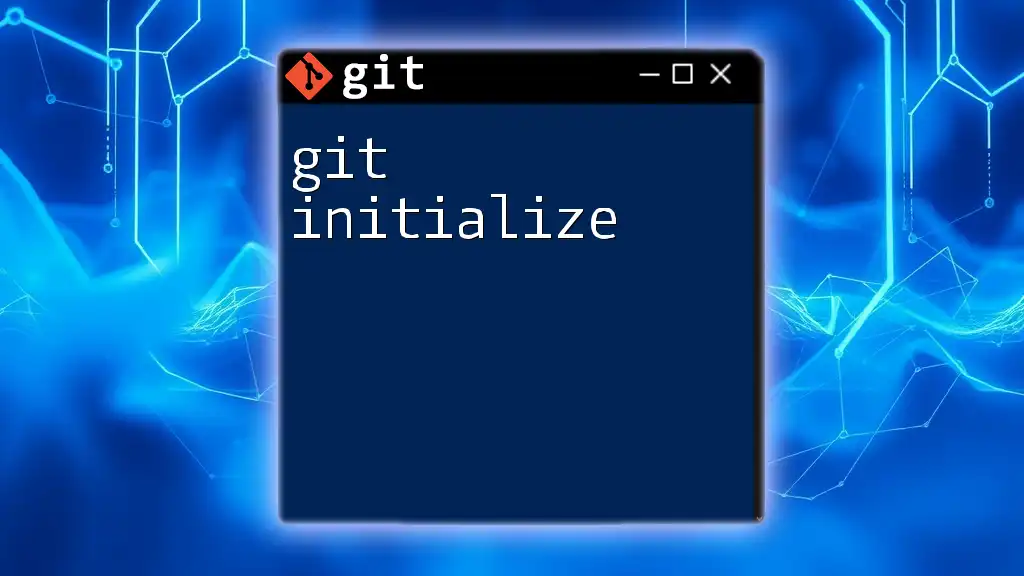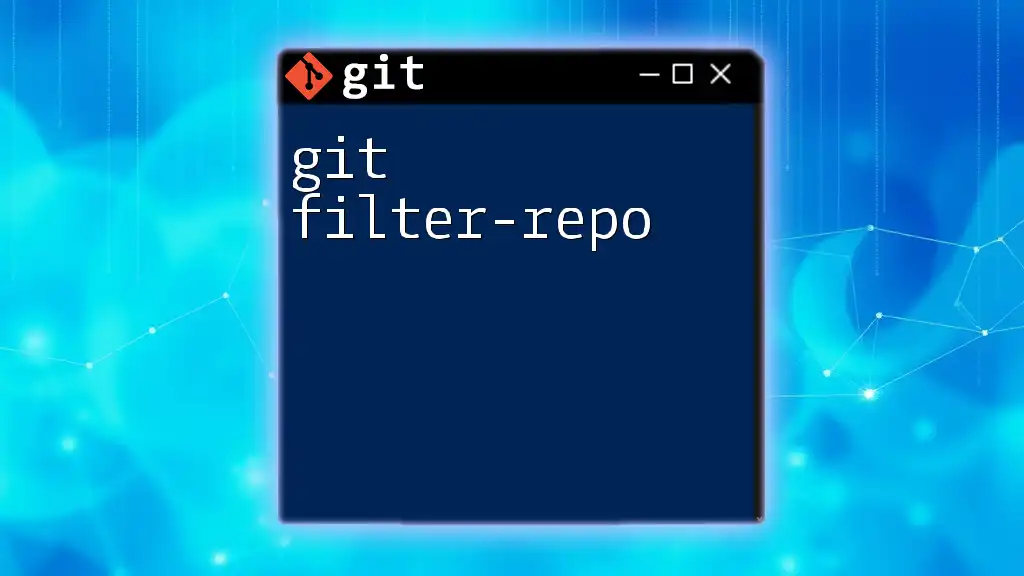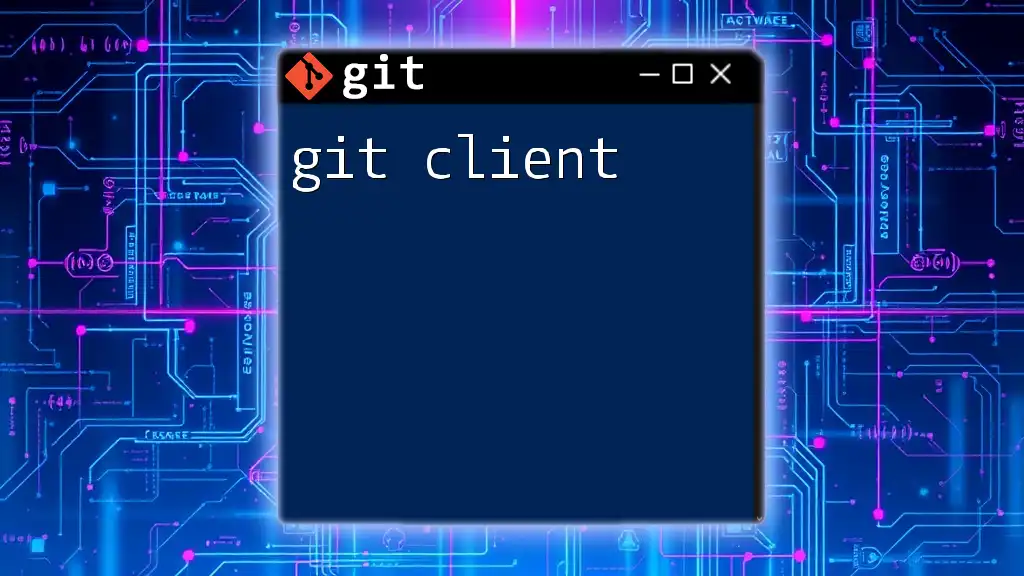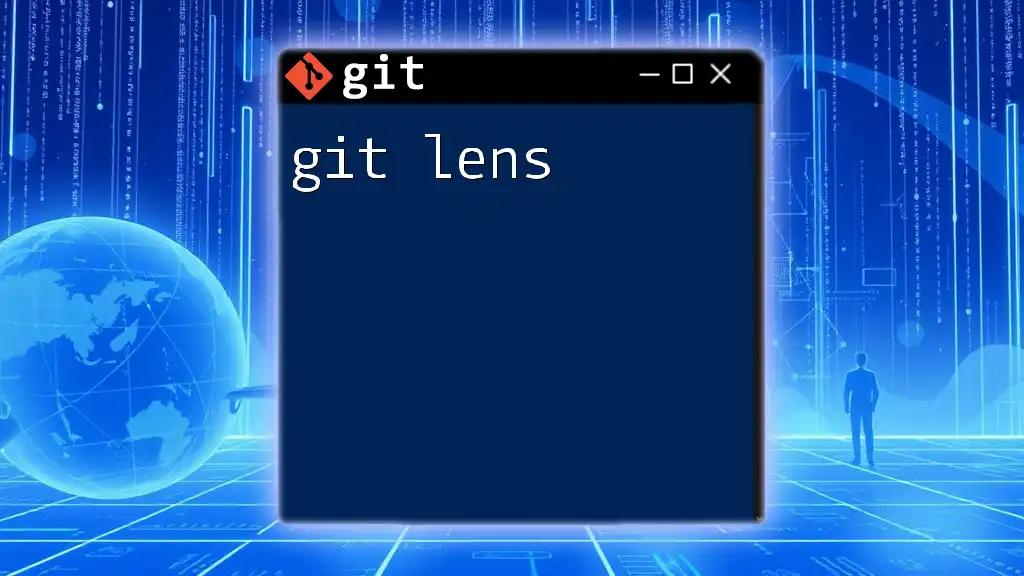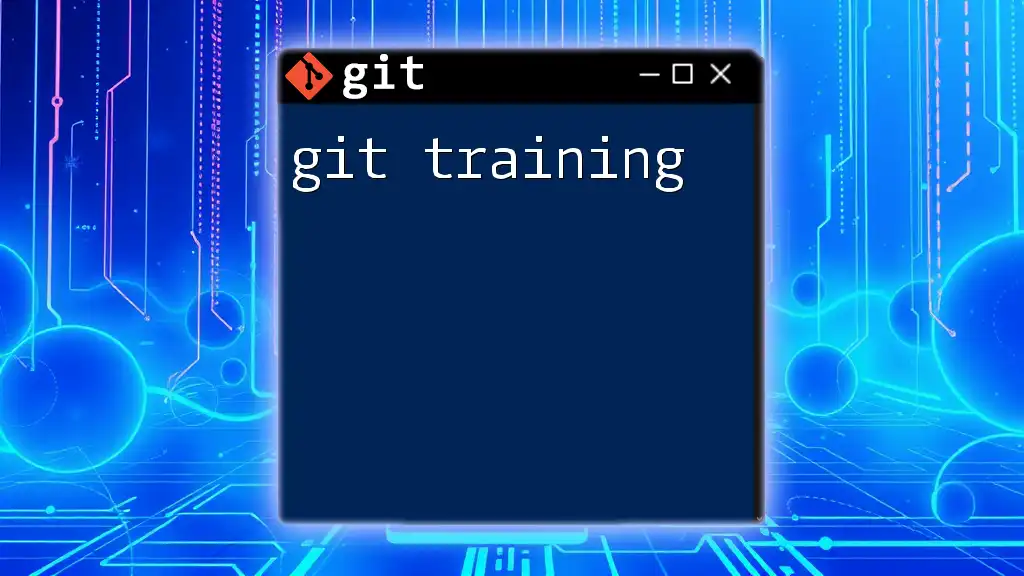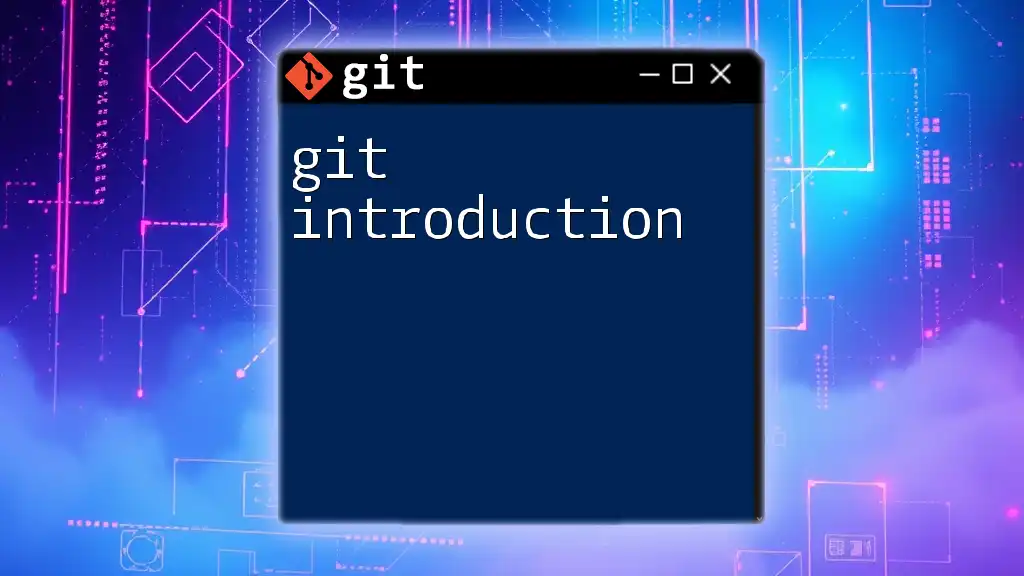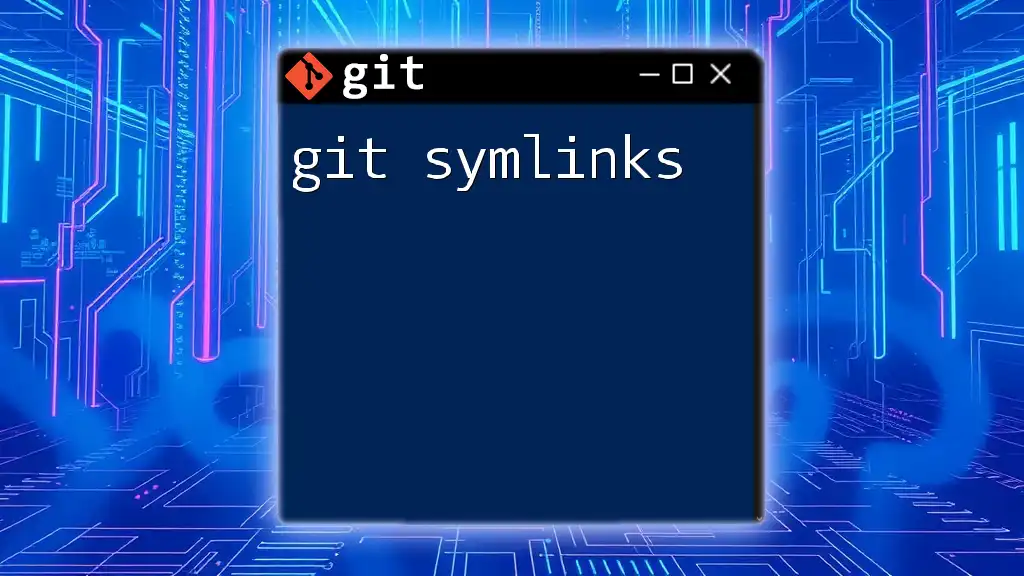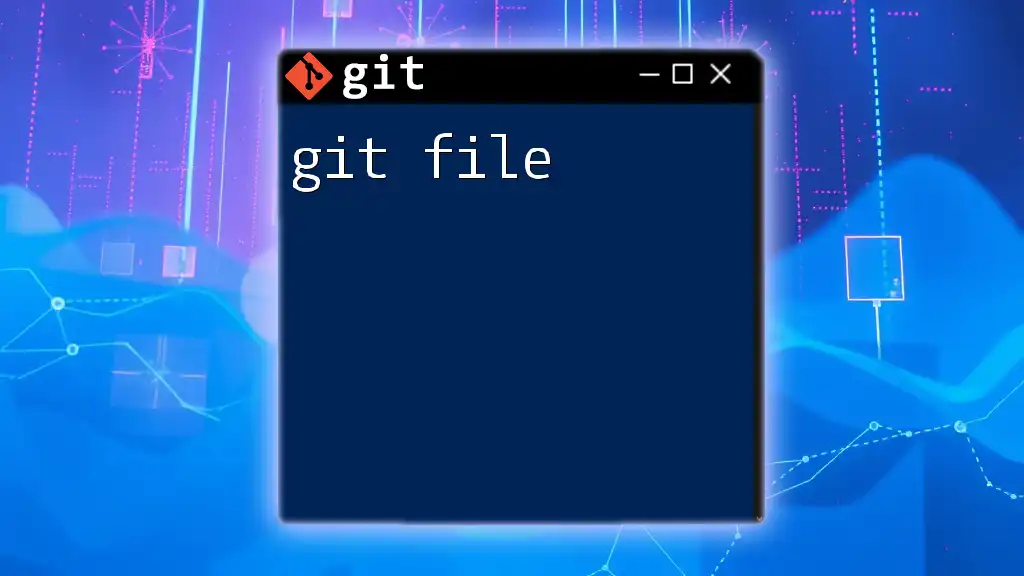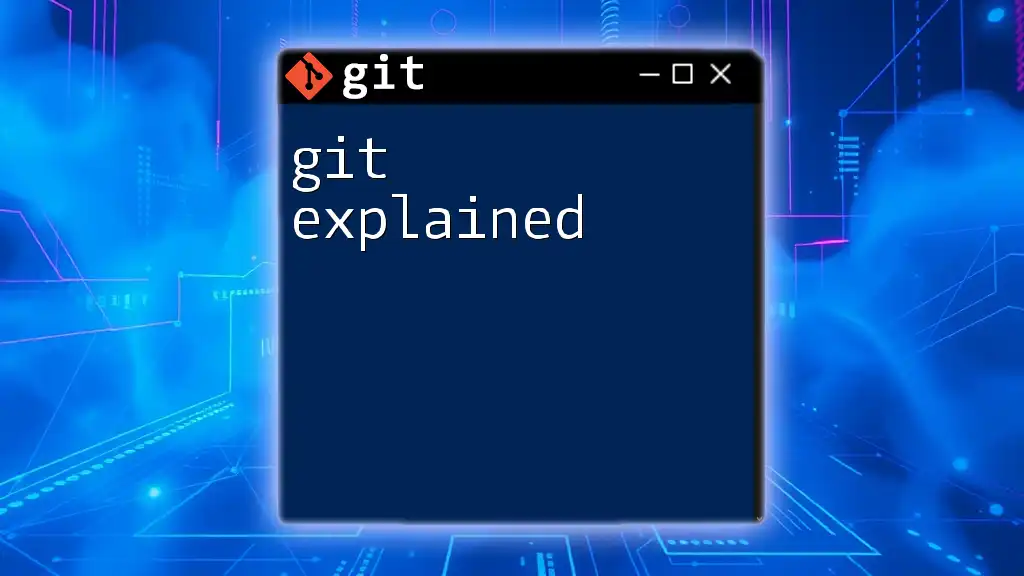The term "git xilinx" refers to using Git for version control in projects related to Xilinx FPGA development, allowing users to manage their design files efficiently.
Here's a simple Git command to clone a Xilinx project repository:
git clone https://github.com/username/xilinx-project.git
Understanding Git Basics
What is Git?
Git is a distributed version control system designed to handle everything from small to very large projects with speed and efficiency. Key features include:
- Branching and Merging: This powerful functionality allows users to diverge from the main line of development and continue to work independently before integrating changes back into the main branch.
- Staging Area: Before you commit your changes, you can selectively choose what to commit by staging specific files or changes.
- Commits: Each commit acts like a snapshot of your project, enabling you to revert back to previous versions easily.
Why Use Git with Xilinx?
Git can be a game-changer for hardware development, particularly in FPGA design with Xilinx tools. Here are several benefits:
- Collaboration: Multiple team members can work on different features simultaneously without interfering with each other's work.
- Traceability: Git helps you track changes over time, clearly documenting the evolution of design files and configurations.
- Version Management: Keeping several versions of design files is crucial, especially when you need to revert to a stable state or test different configurations.
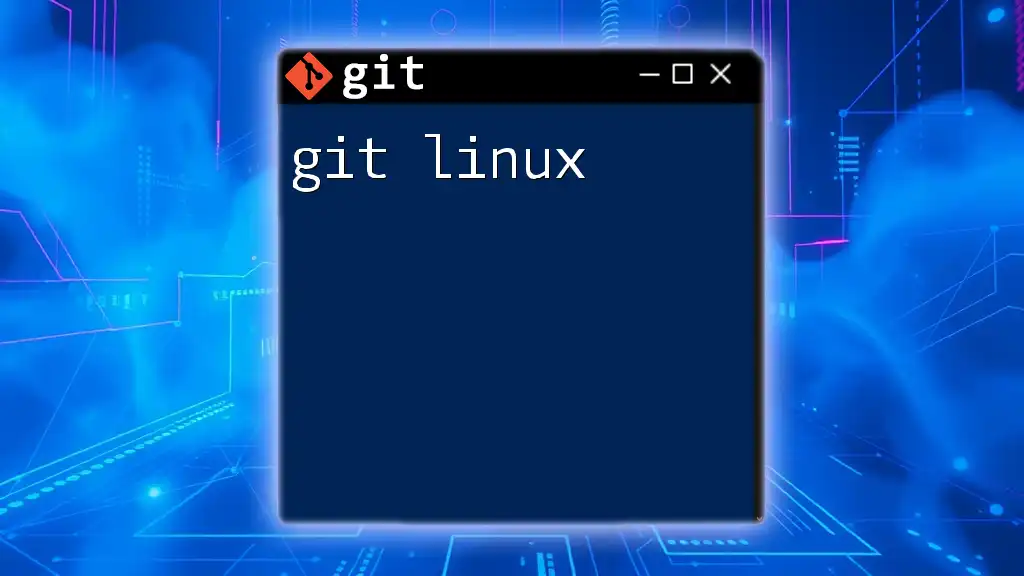
Setting Up Git for Xilinx Projects
Installing Git
To get started with Git on your device, you will first need to install it. Follow these simple instructions based on your operating system:
-
Windows: Download the installer from the [Git for Windows](https://gitforwindows.org) website and run it.
-
macOS: Use Homebrew to install Git:
brew install git -
Linux: For Ubuntu-based distributions, you can use the following commands:
sudo apt update sudo apt install git
Initializing a Git Repository
Once Git is installed, you can create a repository for your Xilinx project. Navigate to your project directory and initialize Git:
cd path/to/your/xilinx/project
git init
This command creates a hidden `.git` directory, allowing Git to start tracking changes in your project.
Configuring Git
It’s critical to set up your identity in Git. This contributes to the metadata of each commit:
git config --global user.name "Your Name"
git config --global user.email "your_email@example.com"
By providing your name and email, subsequent commits will carry this information, allowing others to identify who made specific changes.
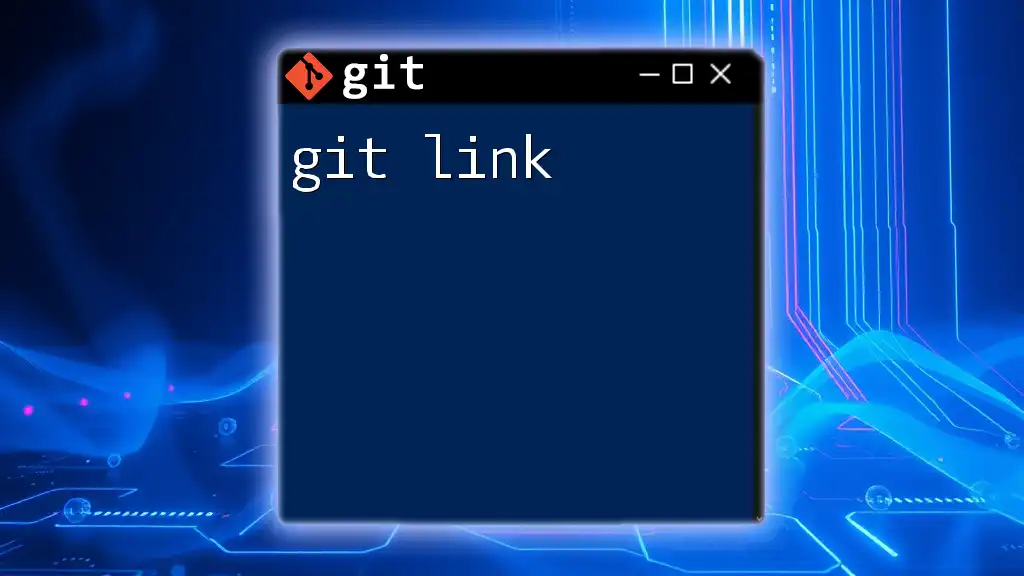
Best Practices for Using Git with Xilinx
Structuring Your Xilinx Project
Organizing files properly is essential for efficient version management. Commonly, Xilinx projects could include:
-
Source Files: The `.v`, `.vhdl`, and similar files containing your design implementation.
-
Constraints Files: Files defining design constraints, such as placement and timing.
-
Simulation Scripts: Scripts needed to simulate and verify the design before synthesizing it on hardware.
Selecting a clear folder structure can help teams navigate and manage the project more easily.
.gitignore for Xilinx Projects
A .gitignore file is crucial for preventing unnecessary files from being tracked by Git. This file excludes files that aren’t needed in a repository, such as:
*.xpr
*.xise
*.log
This ensures your repository remains clean and only contains essentials conducive to collaboration and version control.
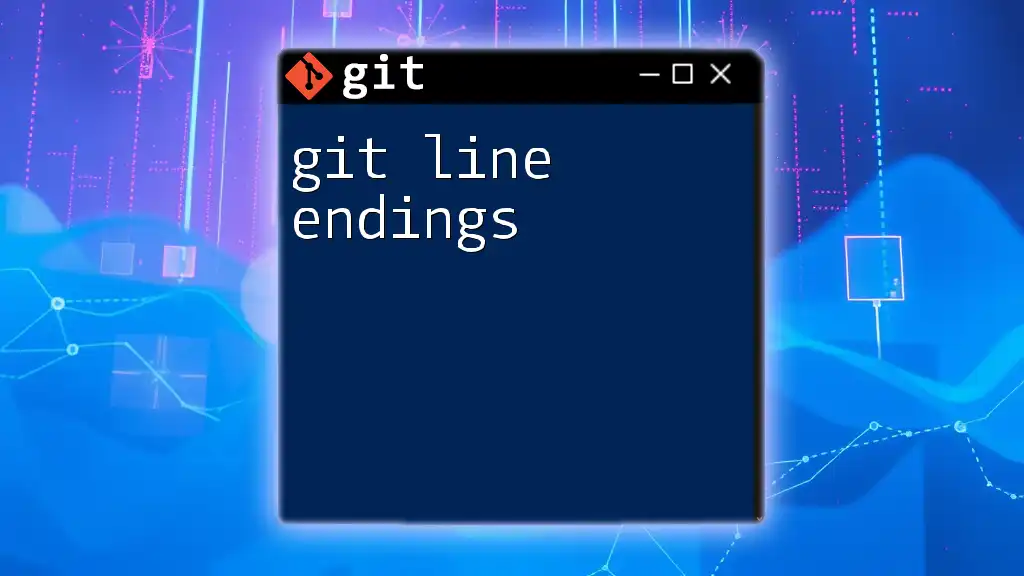
Working with Git Commands
Common Git Commands for Xilinx Projects
Working effectively with Git involves using a few essential commands frequently:
-
Staging Changes with `git add`: When you have modified files, you need to stage them before committing. For example:
git add path/to/source/file.v -
Committing Changes with `git commit`: After staging your changes, you can commit them to the repository with a message describing the changes:
git commit -m "Initial commit of project files" -
Checking Status with `git status`: This command shows you the current state of your repository, indicating which files are staged, unstaged, and untracked.
Branching and Merging
Branching allows you to work on features independently. To create and switch to a new branch, use the following command:
git checkout -b new-feature
When your feature is complete, you can merge it back into the main branch. Here's how:
git checkout main
git merge new-feature
This process creates a new merge commit containing all the changes from the `new-feature` branch, allowing for seamless integration of developments into the main project.
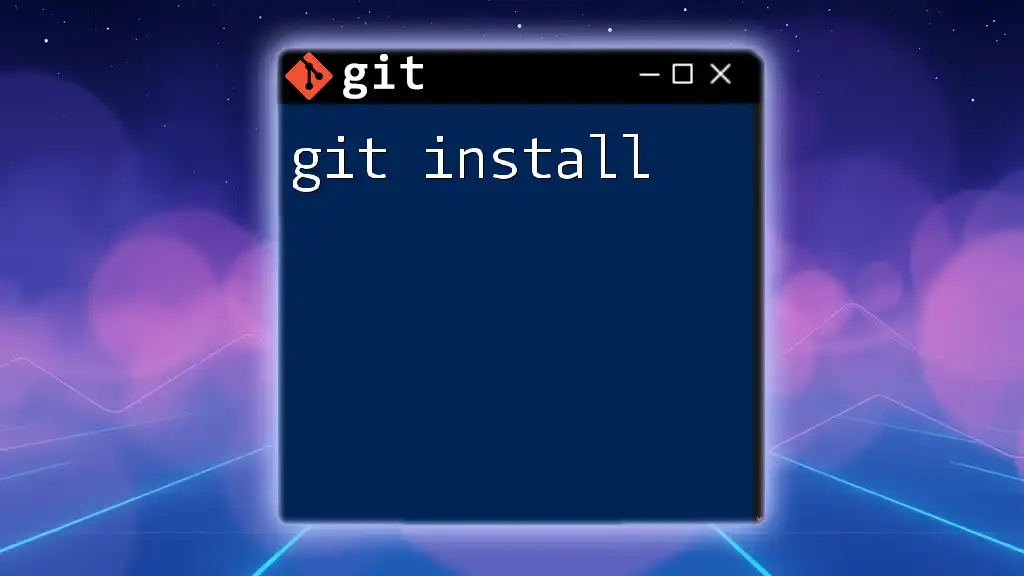
Collaborating with Teams
Remote Repositories
To maximize collaboration, consider using remote repositories hosted on platforms like GitHub or GitLab. This allows multiple users to work together efficiently. Start by adding a remote repository with:
git remote add origin https://github.com/yourusername/yourrepo.git
To push your local changes to the remote repository, use:
git push -u origin main
This synchronizes your local project with what's hosted online, making it accessible to your entire team.
Resolving Merge Conflicts
Merge conflicts occur when two branches have competing changes in the same file. When this happens, Git will prompt you to resolve the conflict manually. Open the affected file to fix the discrepancies, then stage and commit the resolved file.
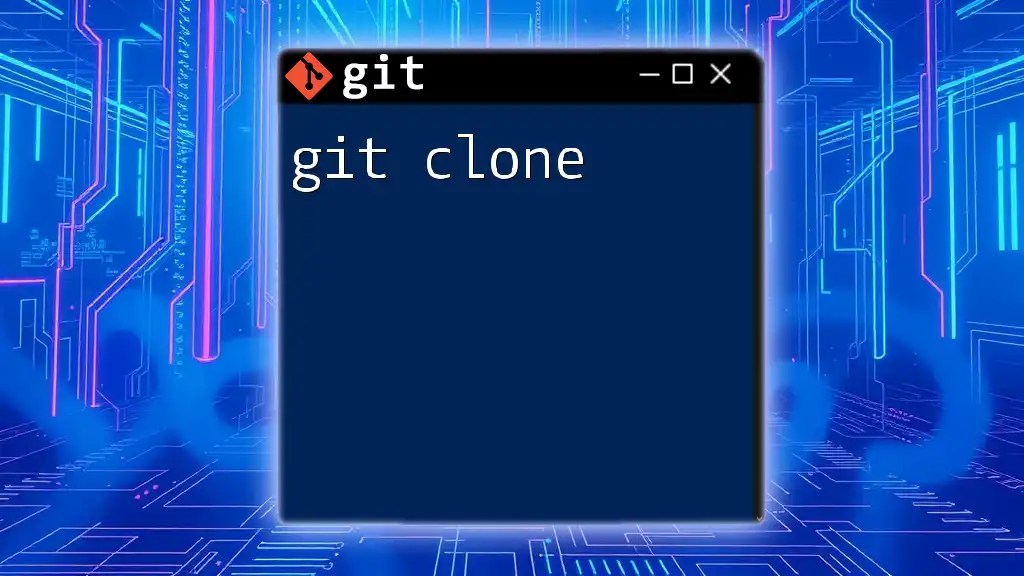
Utilizing Git in FPGA Development Workflows
Continuous Integration/Continuous Deployment (CI/CD)
Incorporating CI/CD practices into your Git workflow can vastly improve development efficiency and consistency. Setting up automated builds and tests ensures that every change is verified before being deployed, thus reducing the chances of errors in FPGA designs. Tools like Jenkins or GitLab CI can integrate with your Git repository, automatically handling various build processes.
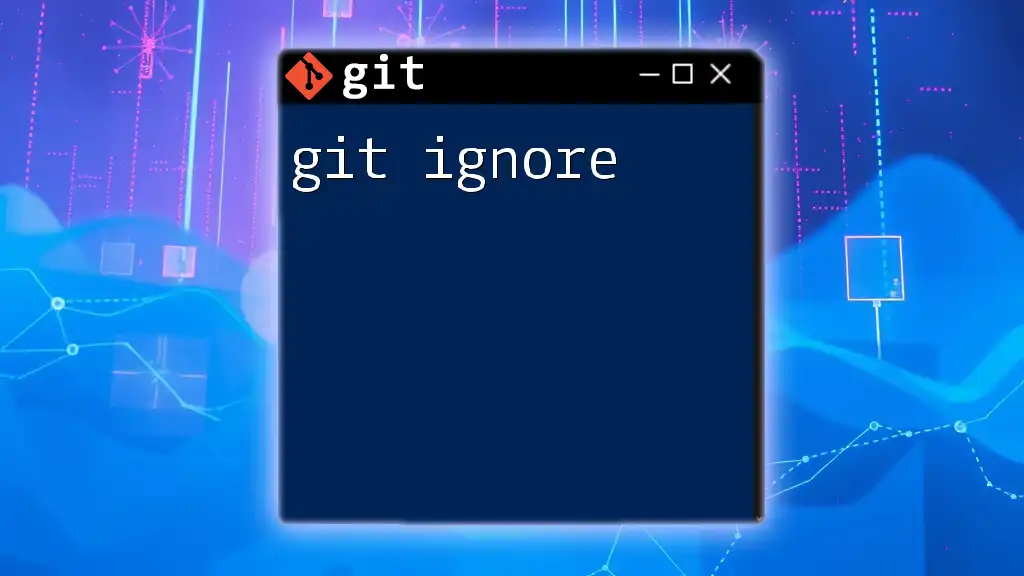
Conclusion
Utilizing Git in your Xilinx projects can significantly enhance both individual and team efficiency. By following the best practices and leveraging the powerful features that Git offers, you can ensure better collaboration and maintain a clean version history of your designs. Take the time to practice using Git commands and explore its various applications in FPGA project development. With continued use, you'll find that version control becomes an essential part of your workflow.
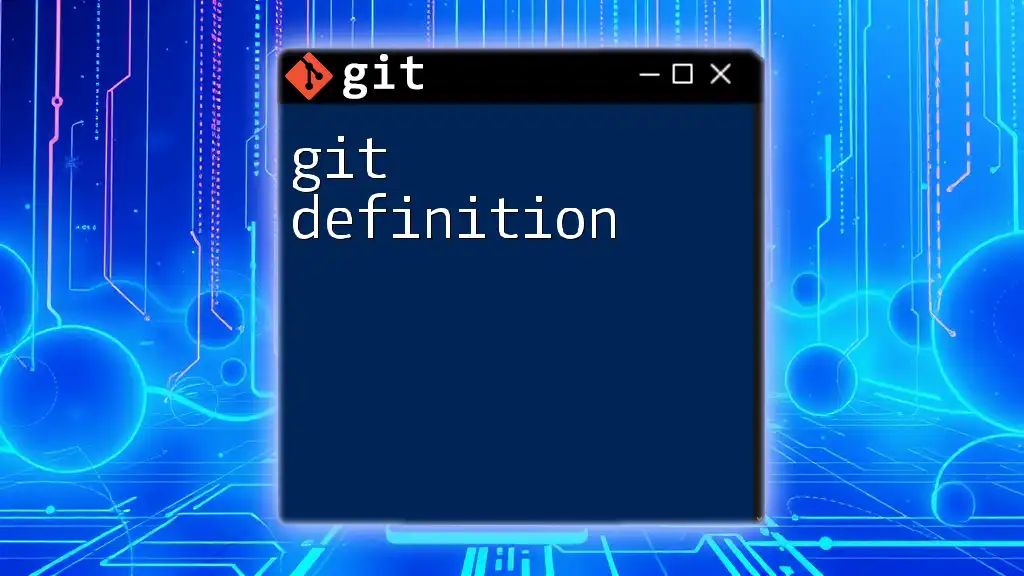
Additional Resources
For further learning, refer to the official Xilinx documentation and other Git tutorials that delve deeper into more advanced topics. Engaging with community forums can also provide additional support as you navigate your Git Xilinx journey.

